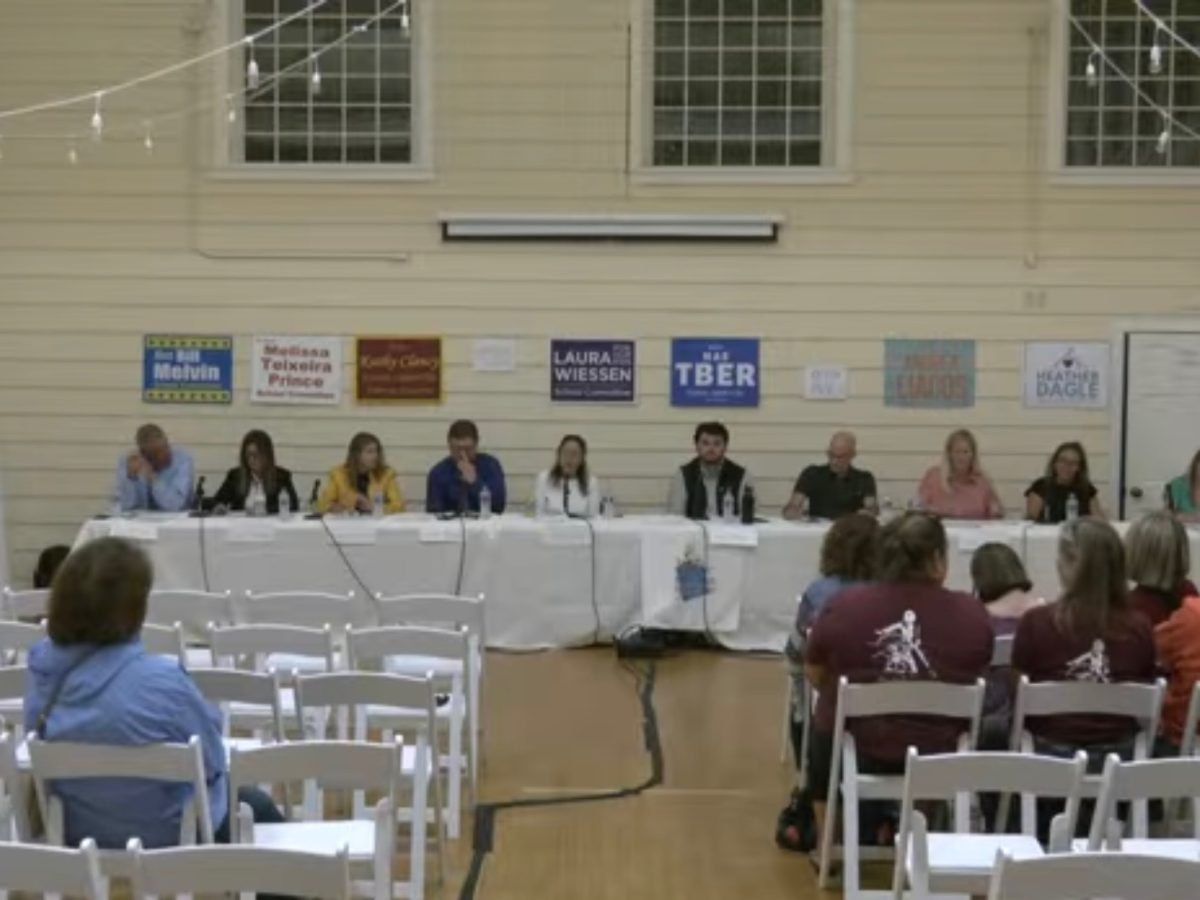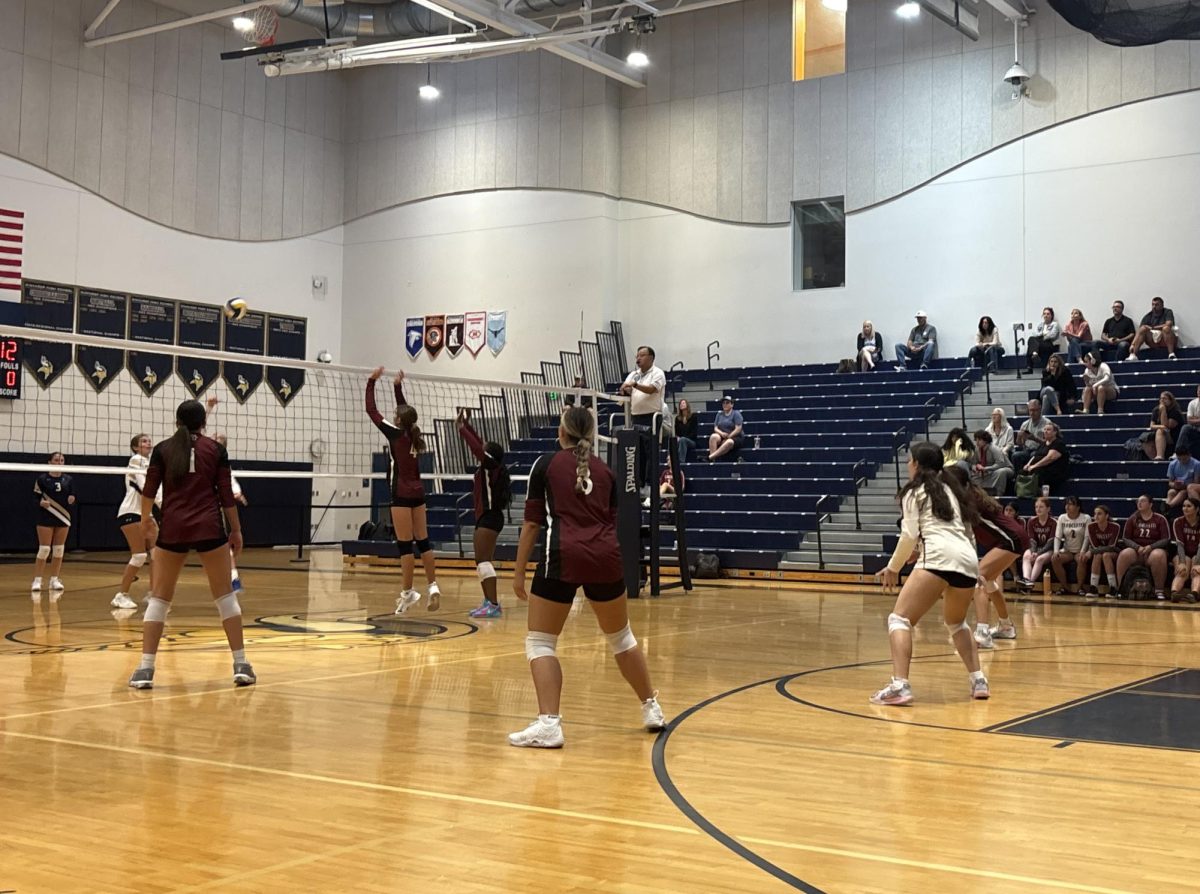Opinion: Slow Down policy misses the mark
December 13, 2018
In 2015, the Gloucester Police Department adopted the Angel Program in order to change their approach to dealing with addiction. Prior to the change, those dealing with opioid addiction were faced with two options: self regulate or face criminal charges. Under the Angel Program, even those who are in the possession of illegal drug paraphernalia are allowed to seek help from the police without fear of legal repercussion.
This revolutionary shift was met with near universal praise. We no longer exist in a time where addiction is thought of as a choice or as mental weakness from the user. We are more enlightened; we understand that addiction is a disease and that those who suffer from addiction are not bad people — they are merely struggling through an illness not unlike those of the physical ilk.
In the past week, GHS administration has implemented new policies in response to student and parent concerns about the vaping epidemic sweeping the school. In order to eliminate vaping in the school, the “Slow Down” rules have been established, designed to control bathroom traffic and limit extrajudicial vape gatherings.
As with most student-centered legislation, these rules have been met with mixed reactions. Ultimately, however, nobody rational is suggesting that vaping or drug use on school grounds is acceptable. New regulations and rules were required to combat this problem — that much is understood and reasonable. However, these new policies are lacking in a crucial aspect: humanity.
The creators of the “Slow Down” policy seem to forget that those who vape and those who are using Juuls and other nicotine products are suffering from an addiction of their own. Any student who is pushed to the point of vaping in a school bathroom is an individual that needs support and education instead of punishment.
Nicotine is a highly addictive chemical. Adults who benefit from unfettered access to public health infrastructure and the full independence of being a grown person still struggle with nicotine addiction. Why do we expect 15, 16, and 17 year olds, who may fear coming forward because of parental retribution or stigma, to be able to police themselves and have self control that their adult counterparts do not have?
Students who are caught vaping on school grounds are not only removed from school, but are barred from participating in various extracurricular activities, like athletic and theater programs. This is the opposite of what would help students. Providing students with adult supervised structure ensures that there are out of school hours where they are not using substances. Giving a population, (one that typically has no money or transportation), more leisure time is entirely counter-intuitive.
Punishing students for their addiction is the equivalent of attacking the symptoms of a disease instead of addressing the root cause. Even if this “Slow Down” policy is fully successful, it merely implicitly teaches students to abuse substances outside of school. The overarching goal of GHS should be to promote student wellness in all of its various manifestations. This policy merely sweeps the issue of student addiction under the rug.
Instead of promoting this cycle that ultimately doubly damages students, GHS should trailblaze a new system of education, support, and rehabilitation. The community of Gloucester has acted as a pioneer in this field in the past; it’s time for its schools to follow suit.











![The GHS/MERHS senior cross country runners pose together on Senior Night. [Photo courtesy of Manchester-Essex Athletics]](https://thegillnetter.com/wp-content/uploads/2025/10/Screenshot-2025-10-10-at-11.18.29-AM.png)




















Caroline E • Dec 13, 2018 at 10:46 pm
Yes Xander! This is the best way this could have been said! The only way to fix a problem for good is to stop it at its source.
Hugo B • Dec 13, 2018 at 5:29 pm
Bravo.
More sense in The Gillnetter than ….than ….well, just about anywhere else in town.
caleb • Dec 13, 2018 at 2:19 pm
King